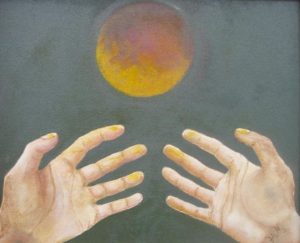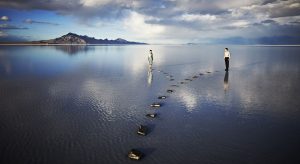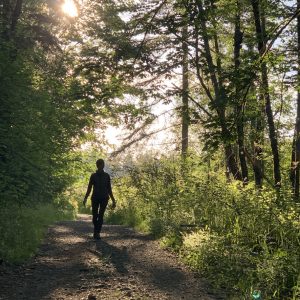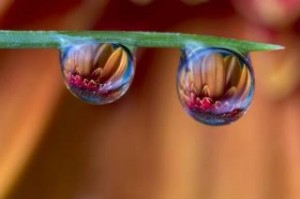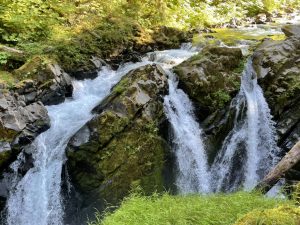 The Columbia City Yoga on-line Moving into Meditation class met this morning. We explored how our practice can help us to see and think clearly.
The Columbia City Yoga on-line Moving into Meditation class met this morning. We explored how our practice can help us to see and think clearly.
We can recognize and experience our intimacy with our human and more-than-human relations. We can become intimate with life. This intimacy can free our imaginations and open our hearts to include the more-than-human world.
We heard from nature writer Robert Macfarlane’s new book, Is a River Alive? Robert invites readers on a journey to three rivers across the world. In Ecuador, India and Canada, local people introduced Robert to their endangered rivers and the work they are doing to protect them. Their efforts center around a recognition of rivers as living beings worthy of our respect and even reverence.
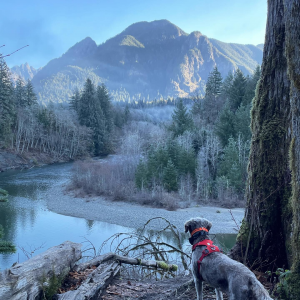 We also heard some of Robert’s conversation with Emergence Magazine editor Emanuel Vaughan-Lee. Together they explore humans’ relationship with rivers and more-than-human earthlings. Robert’s living questions reveal how “our fate flows with that of rivers—and always has.”
We also heard some of Robert’s conversation with Emergence Magazine editor Emanuel Vaughan-Lee. Together they explore humans’ relationship with rivers and more-than-human earthlings. Robert’s living questions reveal how “our fate flows with that of rivers—and always has.”
We heard William Martin’s poem, We Are a River, drawn from Martin’s book, The Sage’s Tao Te Ching: Ancient Advice for the Second Half of Life.

